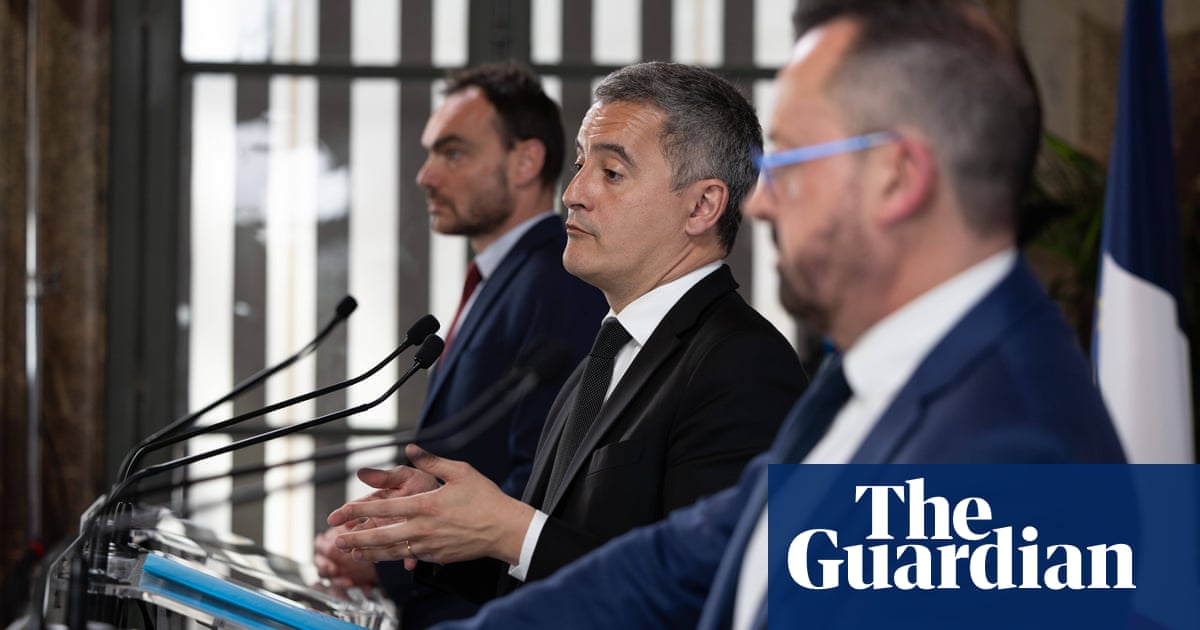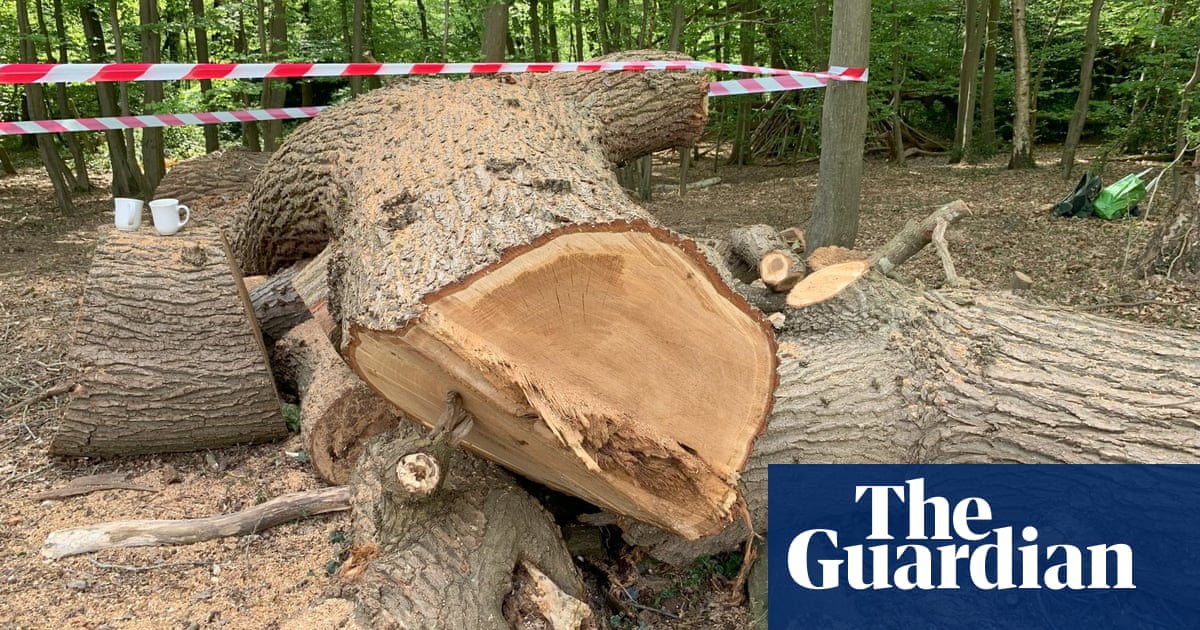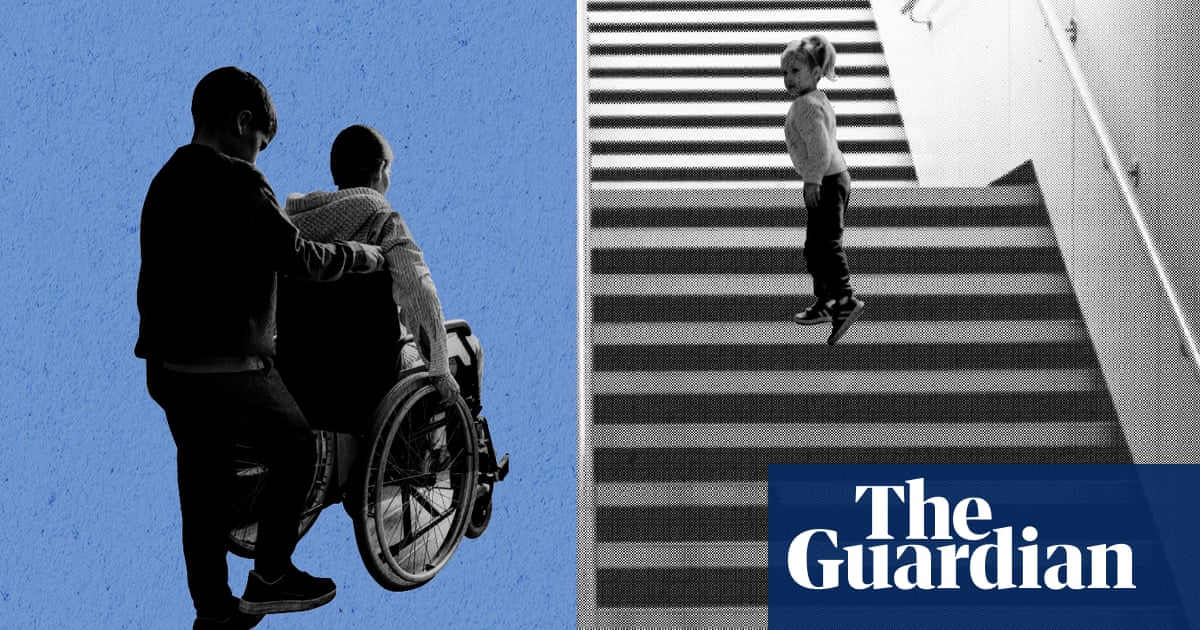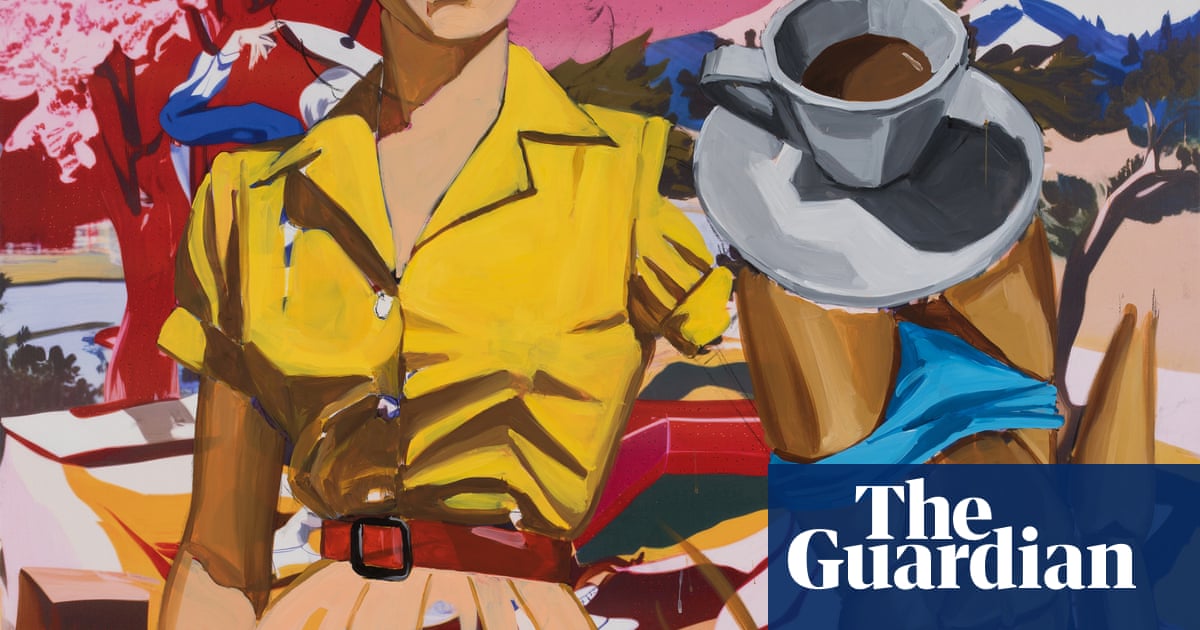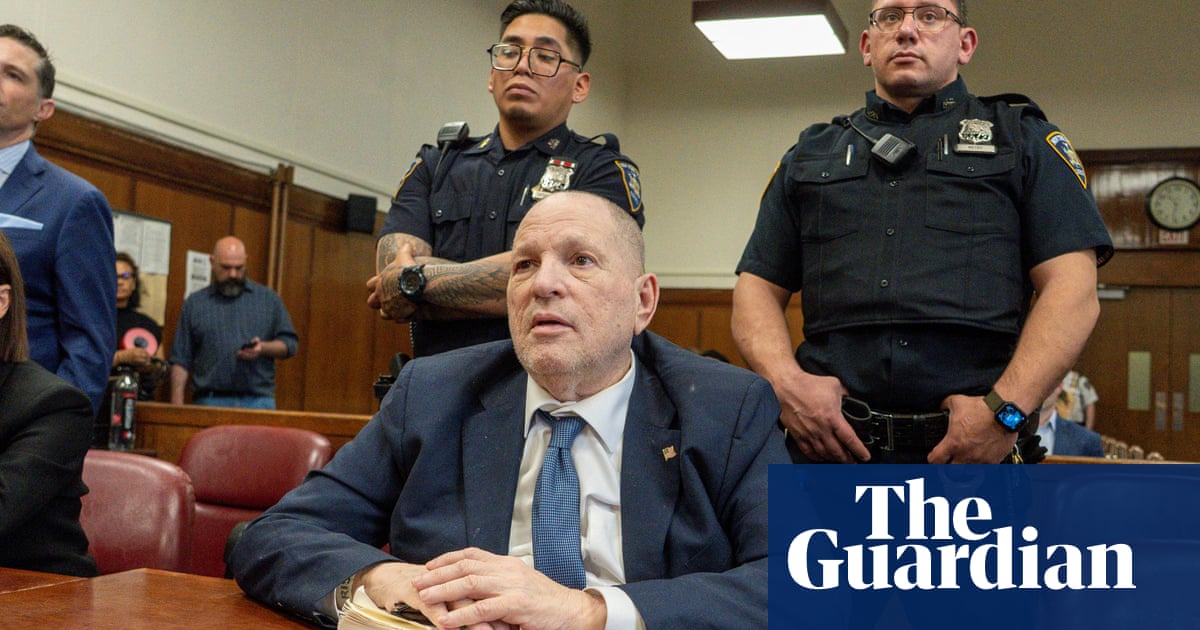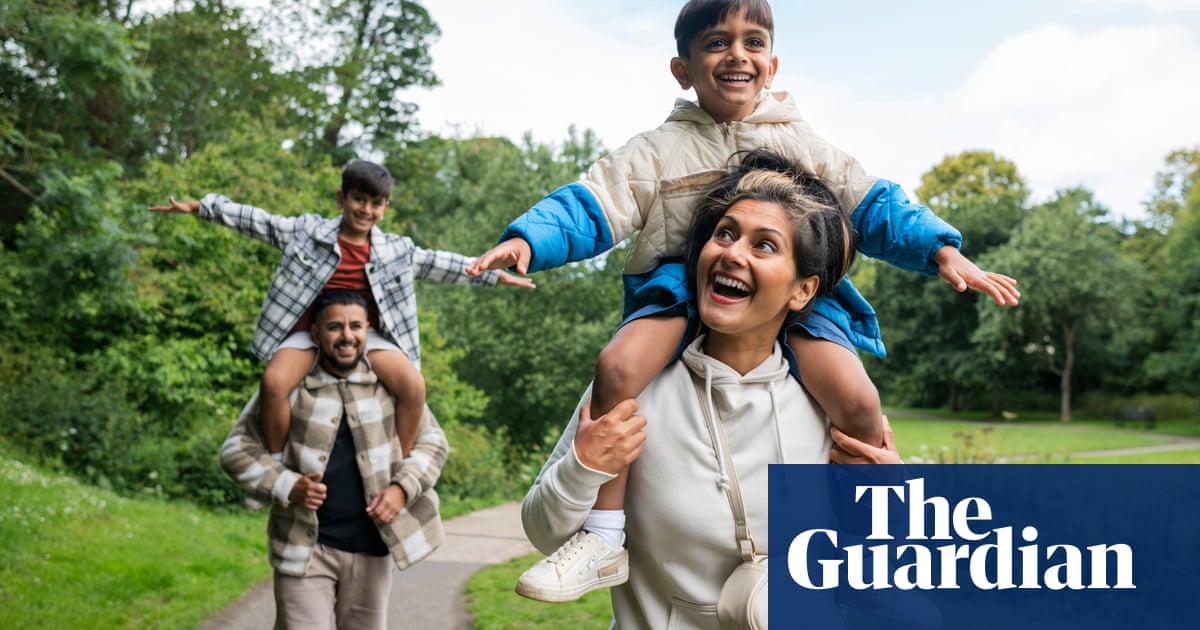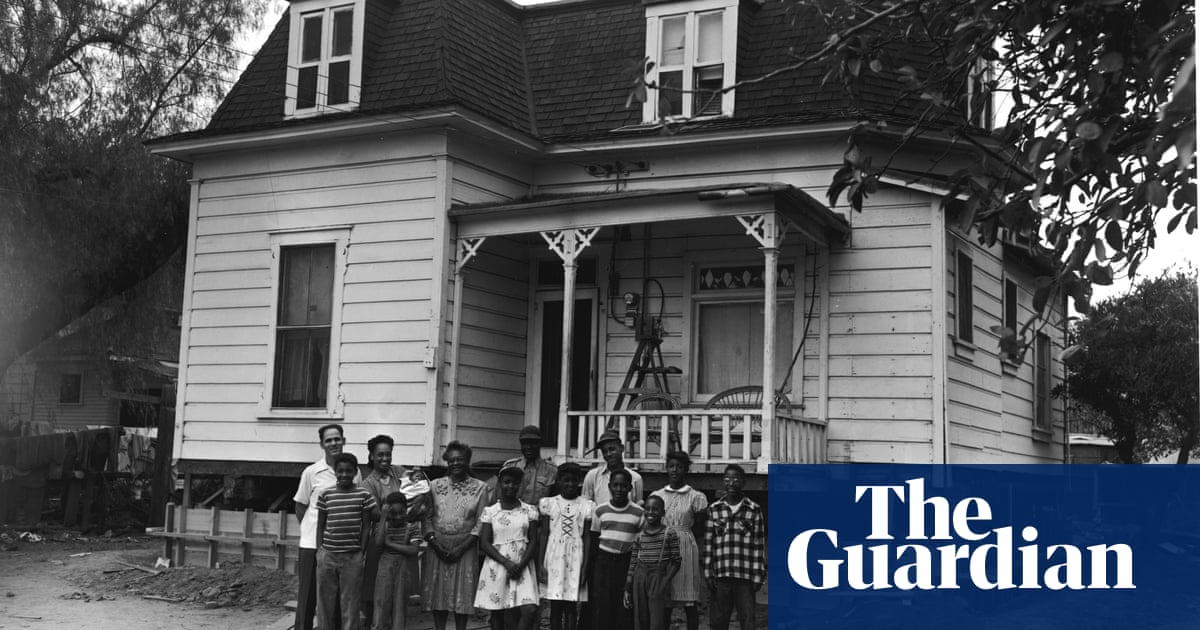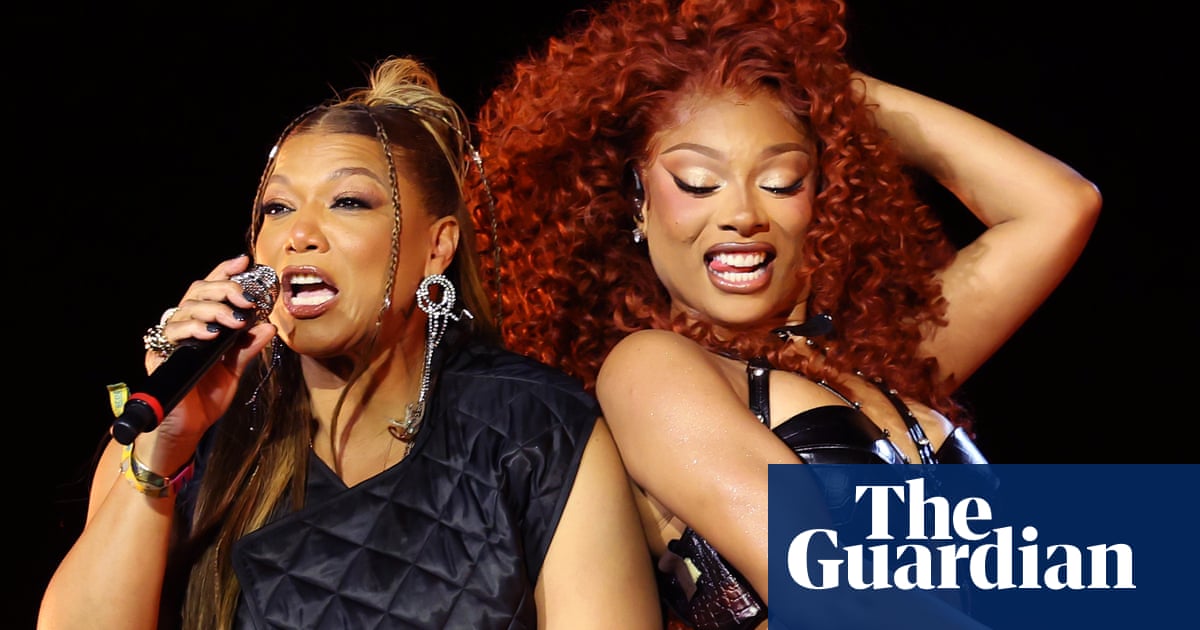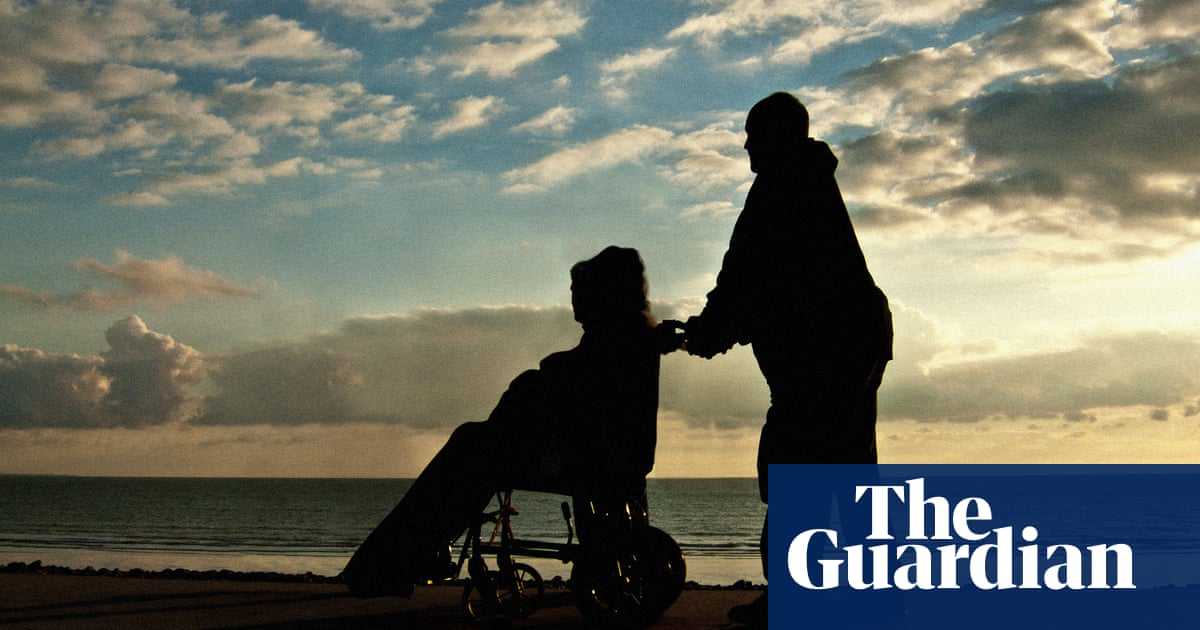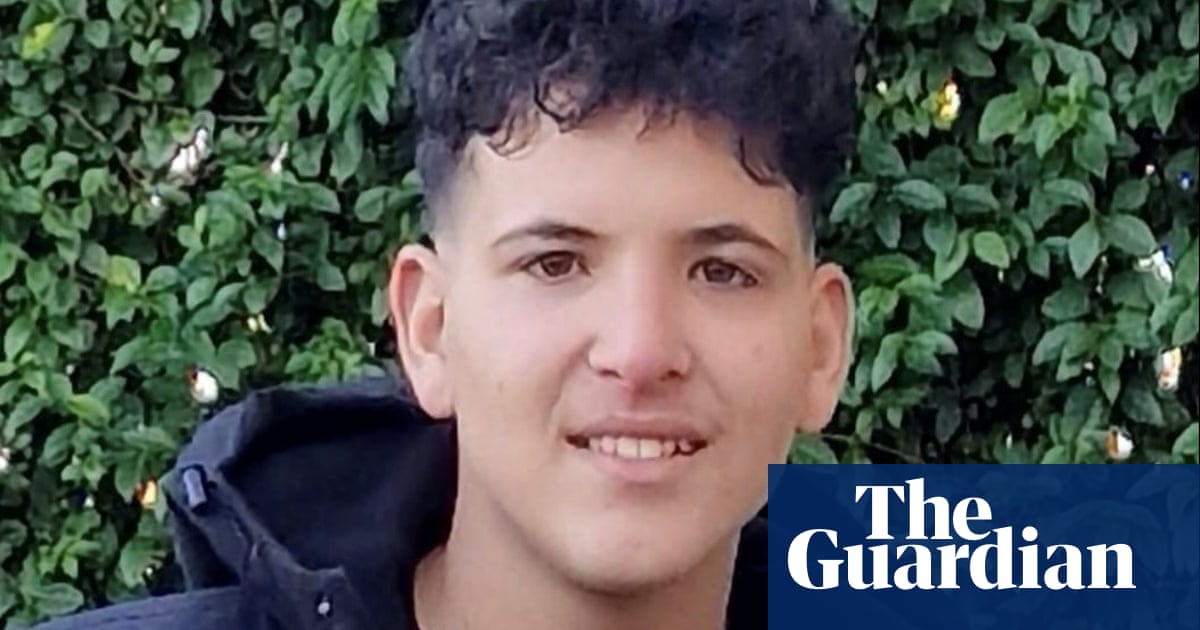In 1944, the Red Army pushed the Germans out of the Baltic state of Estonia. Soon afterwards, Soviet officers took away Sofi Oksanen’s great-aunt for interrogation. It was night. When she returned the next morning Oksanen’s young relative appeared unscathed. In fact, she had been raped. She could only mutter a few words: “Jah, ära”, or “Yes, please don’t”.
The consequences of her unspoken ordeal were lifelong. As Oksanen relates it, her great-aunt became mute. She never married, had children or a relationship. Nor were the men who abused her punished. After the Soviet reoccupation – which saw Estonia erased from Europe’s map – she lived quietly with her ageing mother. Black-and-white family photos and the stories that went with them were hidden.
Oksanen’s bestselling novels and plays explore themes such as murder and betrayal during the long decades of Soviet rule. Her parents are Finnish and Estonian and as a child she visited her Estonian grandparents inside the USSR. Her new nonfiction book is a blistering account of how Russia uses sexual violence as a weapon of state power.
Putin’s 2022 invasion of Ukraine took many in the west by surprise. For Estonians, though, it “felt like a rehash of the 1940s, as if someone insists on pressing the replay button”, Oksanen says. Despite a gap of 80 years, Russian practices were the same. They included terror against civilians, torture and deportations. Also propaganda, Russification, sham trials and wholesale “cultural annihilation”.
Then as now, Russian troops carried out war crimes in areas they occupied, including sexual offences. This was systematic and genocidal, Oksanen argues. Victims were women, men and children. In spring 2022 one Russian soldier, Mikhail Romanov, broke into a house in a village outside Kyiv. He killed its owner and “raped the woman he had just widowed”, as the victim’s child sobbed in the next room.
In the city of Bucha soldiers grabbed a local resident, 23-year-old Karina Yershova, in the street. They tortured and repeatedly raped her, then shot her in the head. Those at home in Russia offered encouragement. One Russian serviceman, Roman Bykovsky, rang his wife, Olga, from the frontline. According to a phone intercept, she told him she didn’t mind if he raped Ukrainian women, so long as he used a condom.
Ukrainian prisoners of war captured by Russians, meanwhile, suffer hideous sexual abuse. Some are castrated. Others are repeatedly tortured, with electrodes applied to their genitals. This violence is done to degrade targets, to break their resistance, and to stop the next generation of Ukrainian children from being born, Oksanen says. Most men won’t discuss what happened. The topic is so distressing it is easier to look away, she says.
Oksanen describes herself as a post-colonial writer. East Europeans went through totalitarianism twice – first with the Nazis, and then for nearly half a century, under the Soviets, she says. Typically, though, the experiences of those who lived behind the iron curtain “do not find a place” in the west’s cultural consciousness. Without a reckoning of Russia’s“colonial” crimes, where the present echoes the lurid past, justice is impossible, she thinks.
Same River, Twice is thoughtful, instructive and deeply harrowing. Today’s anti-Kyiv Kremlin rhetoric has deep historical roots, she points out. Stalin demonised the Estonians and other rebellious ethnic groups as “fascists” – an enemy within. The state film industry in Moscow cast actors from the Baltic Soviet republics in the role of Nazis or American spies. Under communism, “fascist” became a synonym for non-Russians.
In the run-up to his Ukraine attack Putin reactivated this “dehumanising and racist” language. Russia’s president said his “special military operation” was necessary to free Kyiv from “neo-Nazis”. The claim is absurd. Ukraine’s president, Volodymyr Zelenskyy, is Jewish. Most of his male relatives perished during the second world war fighting against German invaders. Zelenskyy’s defence minister is a Muslim Tatar from Crimea.
The book makes a compelling case that misogyny and imperialism are linked. At the same time as killing Ukrainians, Putin has rolled up women’s rights within Russia. In 2017 the pro-Kremlin Duma effectively legalised domestic abuse. Russia’s patriarch argued that criminal sanctions for men who hit women amounted to foreign interference. There was, one female deputy argued, nothing wrong with a mere “slap”.
Putin’s regime likes to portray itself as bastion of conservative Christian Orthodoxy. It has restricted the rights of sexual minorities and denigrates feminists as terrorists and extremists. “Russia is a classic example of a patriarchal authoritarian state,” Oksanen says. In contrast to Baltic and Nordic countries, where talented female politicians become president or prime minister, women are mostly absent from the top levels of Russian political life.
Over the past two months Donald Trump has abandoned US support for Ukraine, dismissed Zelenskyy as a dictator, and repeated Kremlin talking points. His admiration for Putin can be partly explained by ideology. Maga supporters regard Moscow as a useful ally in the battle against “woke”. With communism gone, Russia uses misogyny masked as “traditional values” to find like-minded communities in the west.
Oksanen’s brave public criticism of Russia has come at a price. Paid internet trolls slate her online and pro-Putin activists have disrupted her book launches. Russian disinformation campaigns have targeted other prominent women, such as Germany’s foreign minister, Annalena Baerbock. Oksanen’s message: see Russia for what it is and fight back. “In that resistance I hear my great-aunt’s voice,” she writes.
Luke Harding’s Invasion: Russia’s Bloody War and Ukraine’s Fight for Survival, shortlisted for the Orwell prize, is published by Guardian Faber
-
Same River, Twice: Putin’s War on Women by Sofi Oksanen is published by HarperVia (£16.99). To support the Guardian and Observer order your copy at guardianbookshop.com. Delivery charges may apply

 1 day ago
11
1 day ago
11
